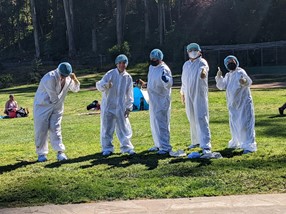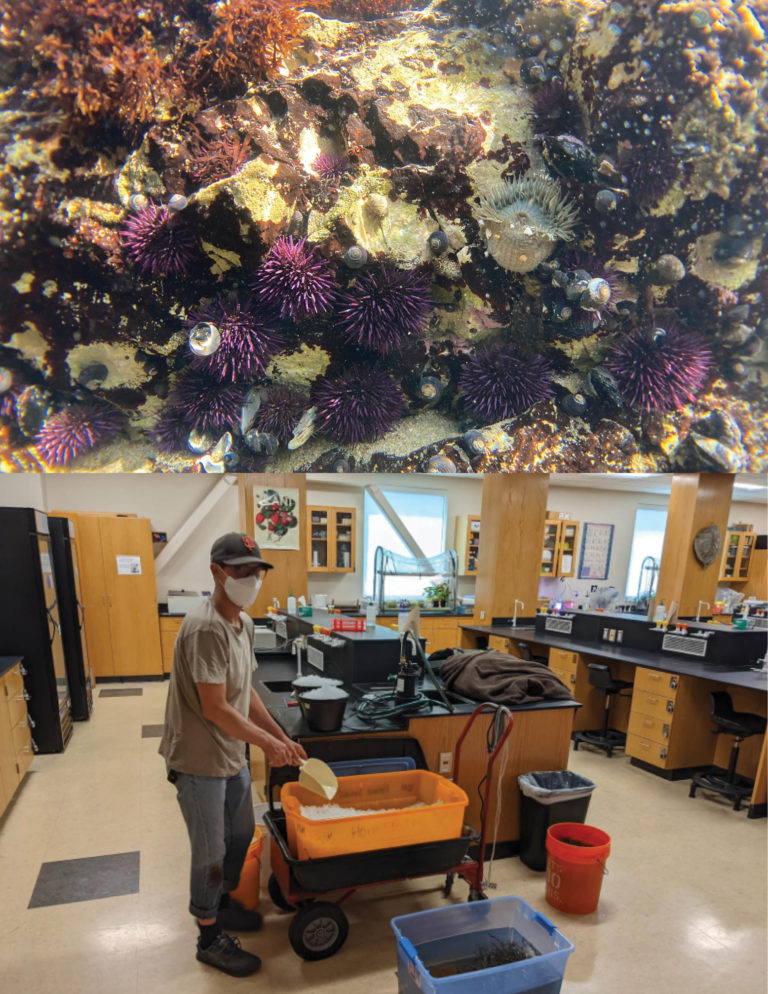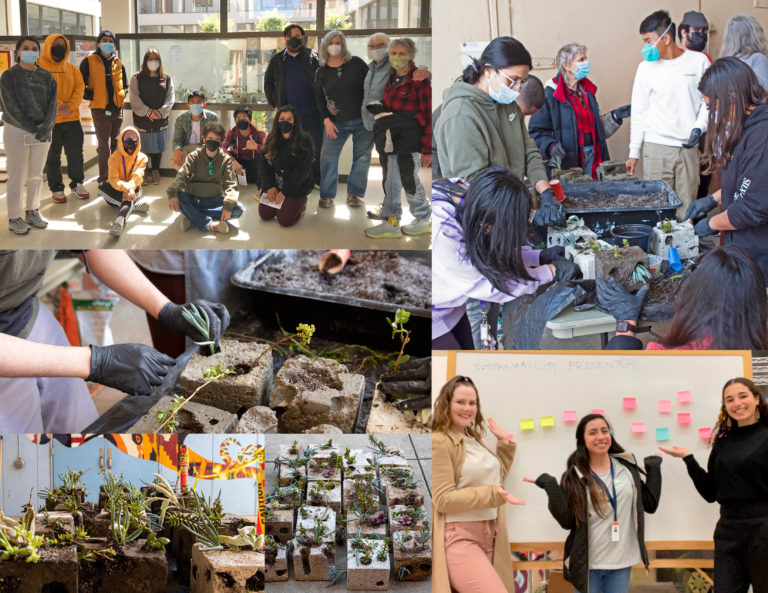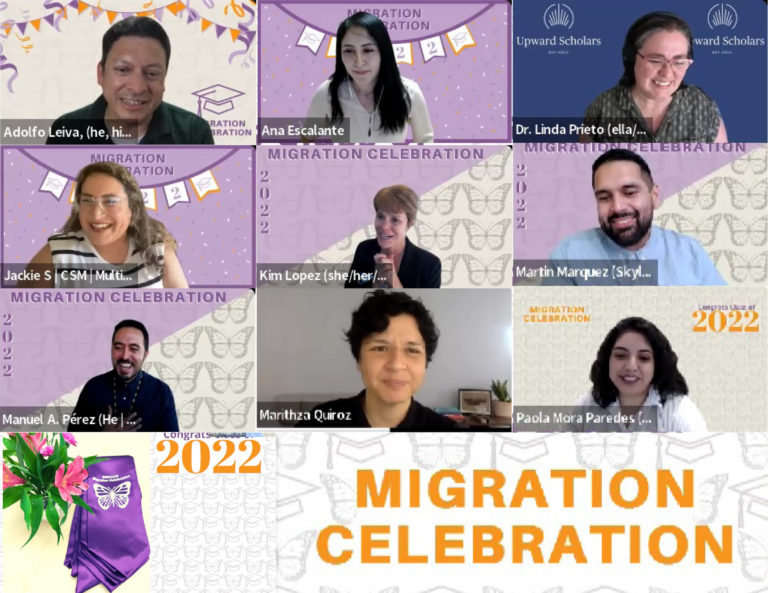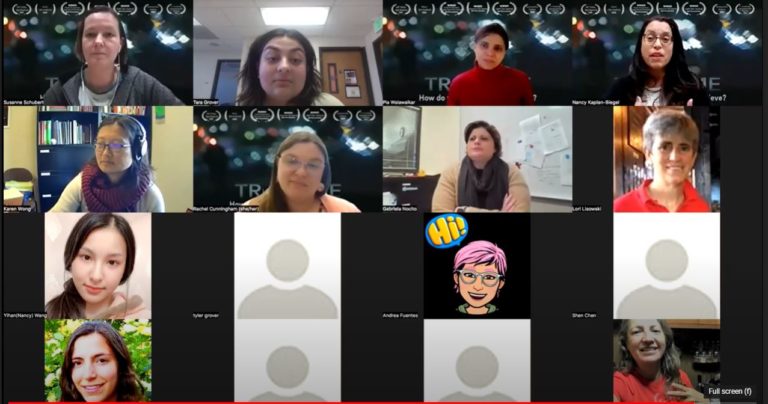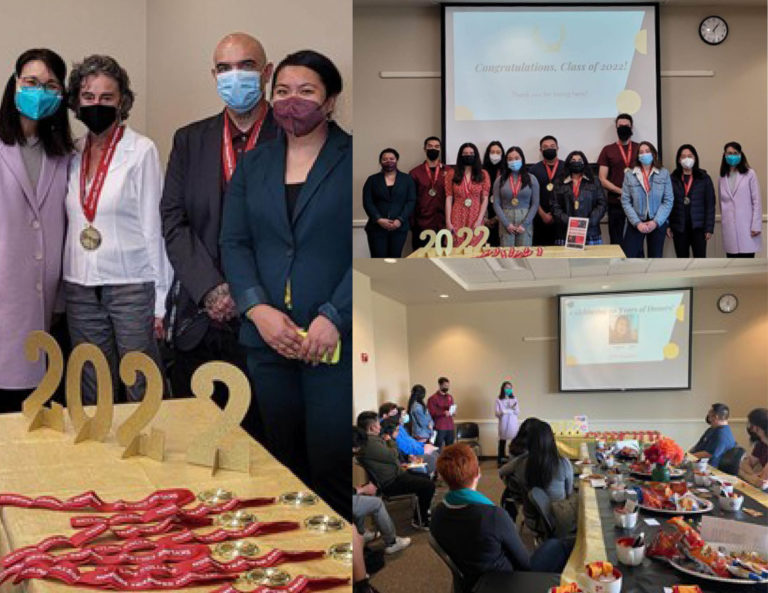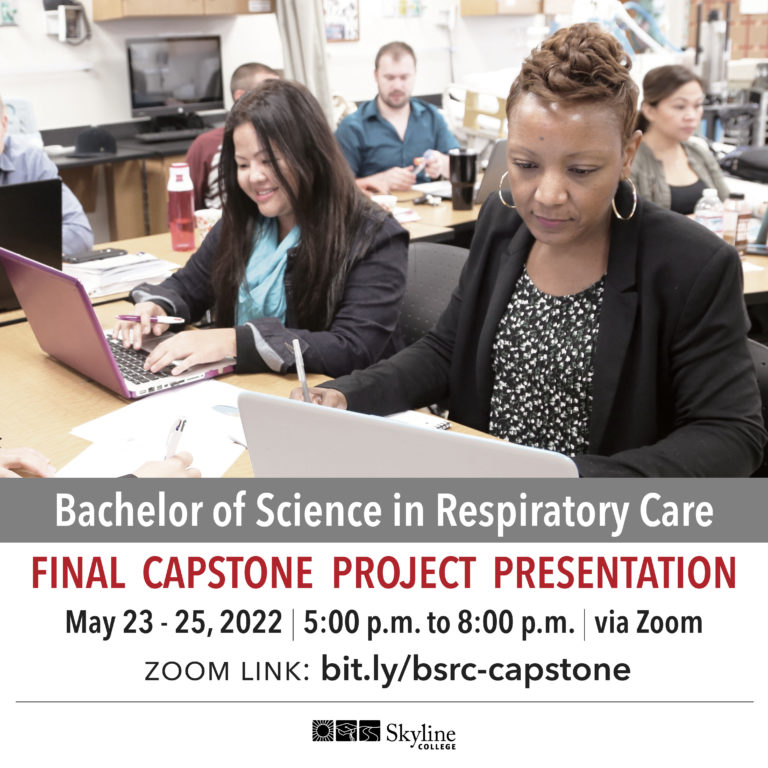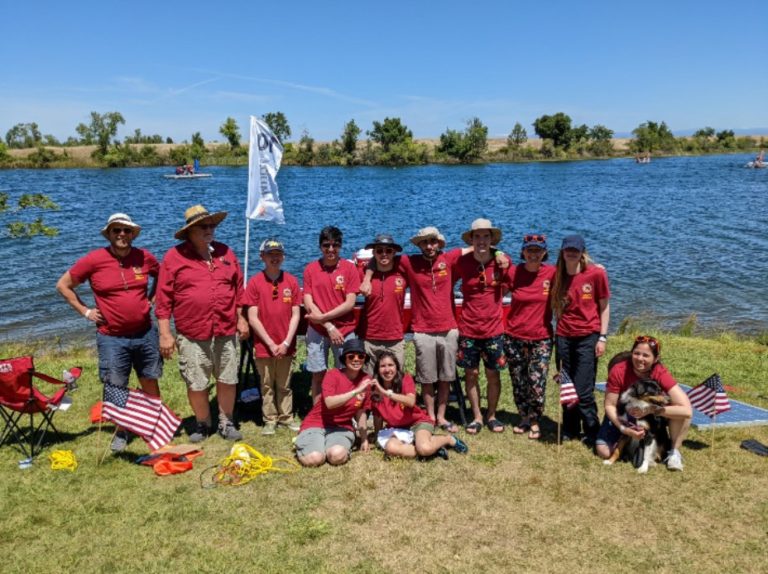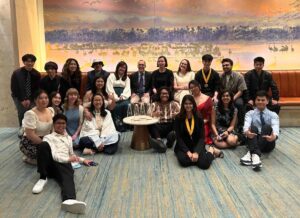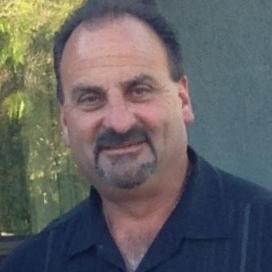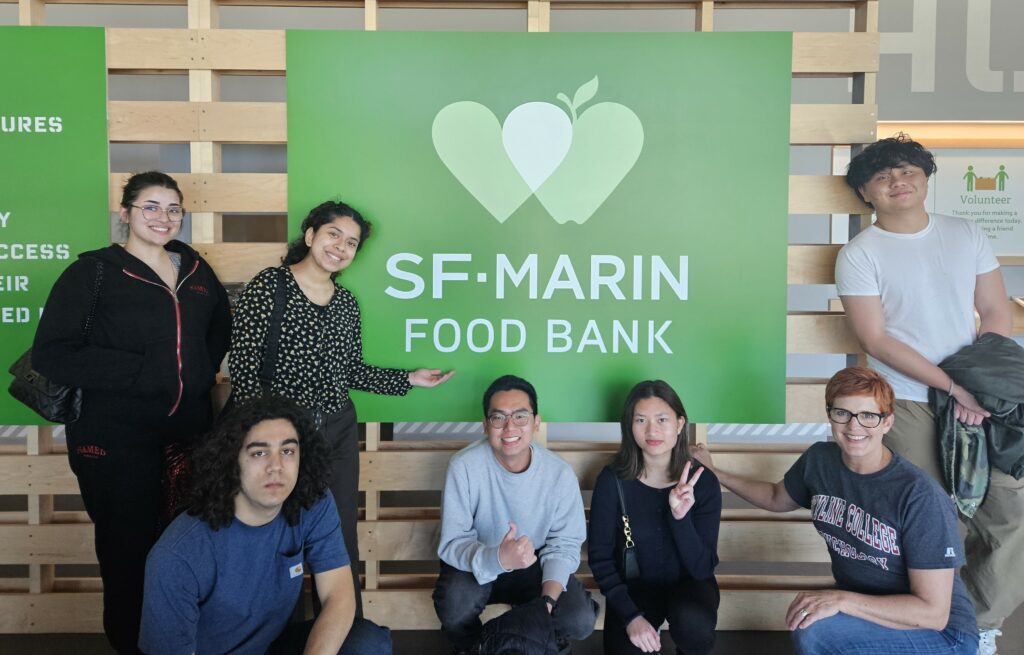On May 20, 2022, the Friday before finals week, the Biomanufacturing clubs from Laney...
Month: May 2022
Every year, members of the Bay Area Planetary Science (BAPS) community meet in a...
Each semester, BIOL 215 students are tasked with the responsibility to raise and observe...
For the Spring 2022 Sustainability Blitz, Climate Corps Fellows teamed with Art instructor Teresa Cunniff to...
On Tuesday, May 17, 2022, the Dream Centers of Skyline College, College of San...
On May 11, 2022, Skyline College student Tara Grover facilitated a virtual, student focused...
On Friday, May 6, 2022, the Honors Transfer Program (HTP) held a Graduation Medallion...
UPDATED DIRECTIVE FOR COVID-19 ISOLATION/EXPOSURE/QUARANTINE PROCEDURES The health guidance for exposure procedures and isolation directives...
You are cordially invited to attend the Bachelor of Science in Respiratory Care (BSRC) Final...
For the 4th time, the Skyline College Solar Boat Team joins the SMUD (Sacramento...

